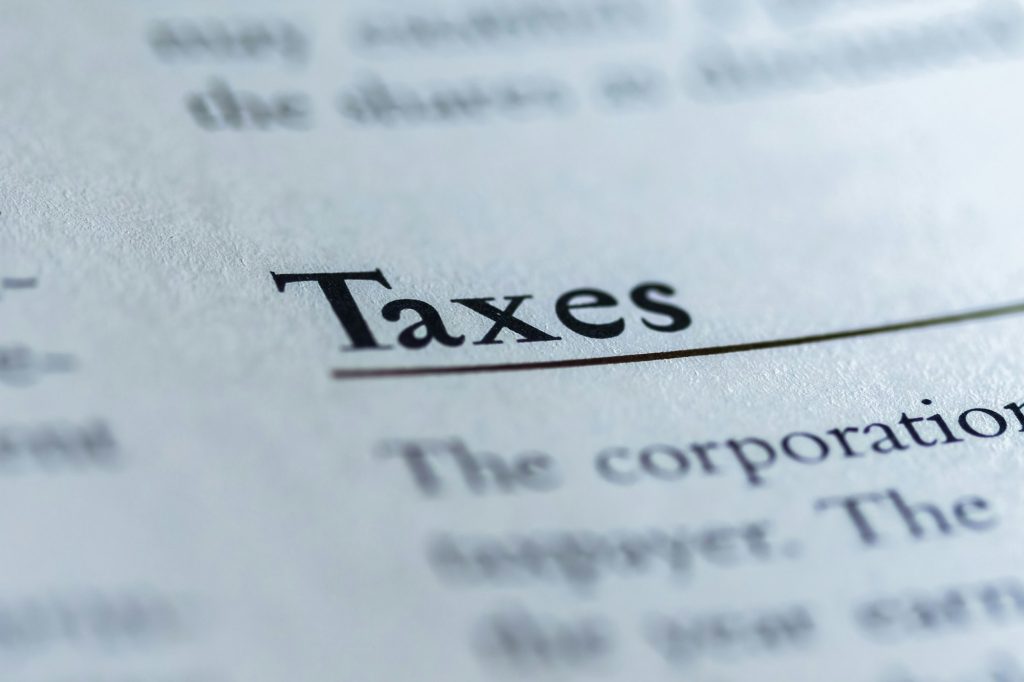FBAR and Streamlined OVDP
FBAR and OVDP
Recently the Department of Treasury has been issuing regulations regarding foreign assets and the reporting of foreign assets as well as pursuing individuals and businesses that have failed to properly report foreign assets and/or foreign income. Many people have heard of the foreign bank and financial accounts (also referred to as “FBAR”) and the Offshore Voluntary Disclosure Program (OVDP), but may be uncertain as to whether such laws, requirements and regulations would apply to them, their business, or how any such required disclosures may apply to their assets or circumstances. A tax attorney can assist you with outlining what your reporting requirements are.
What is the FBAR?
Certain overseas accounts or assets held by United States persons with an aggregate maximum value exceeding the FBAR threshold (currently $10,000) require the filing of the FBAR or what is also called FinCEN Form 114. The US Department of Treasury requires the FBAR because many foreign banks and financial institutions do not report income items such as interest and dividends in the same manner that banks and financial institutions in the United States report such income. Thus, the FBA filing requirement is intended to ensure taxpayers properly report all of their sources of income even if the source is through a foreign bank account or foreign financial institution. The failure to properly file an FBAR can lead to large penalties being assessed to a taxpayer and perhaps even criminal proceedings. Therefore, it is extremely important for individuals with foreign assets or those owning foreign business interests understand their reporting and filing obligations with the Internal Revenue Service as well as the tax implications.
What is the Streamlined Offshore Voluntary Disclosure Program?
The Streamlined Offshore Voluntary Disclosure Program, also referred to as “OVDP” is a voluntary program whereby taxpayers who have failed to file their FBAR, can voluntarily disclose their foreign bank accounts and foreign assets while requesting reduced penalties. Because the penalties for failing to file the FBAR can be very high, a taxpayer who failed to file their FBAR (or other foreign reporting forms) can save substantial money by going through the streamlined offshore voluntary disclosure program. Currently, the Streamlined OVDP has not been established for a specific time and the program could be withdrawn and not available to taxpayers at any time.
If you have questions regarding your requirement to file the FBAR or other foreign account reporting forms, or need assistance regarding the Streamlined Offshore Voluntary Disclosure Program, a tax attorney at The McGuire Law Firm can assist you with these matters.
Contact The McGuire Law Firm to schedule a free consultation with a Columbus tax attorney.
Our Attorneys
Call For a Free Consultation: (614) 810-6416

Get Your Free Consultation
To speak with a Columbus tax attorney, specializing in tax law or IRS matters, contact The McGuire Law Firm and schedule a free consultation. (614) 810-6416
Call Us Today!
(614) 810-6416
OR
Get Your First Consultation FREE!
Free Consultation
Let us help you! Call now : (614) 810-6416